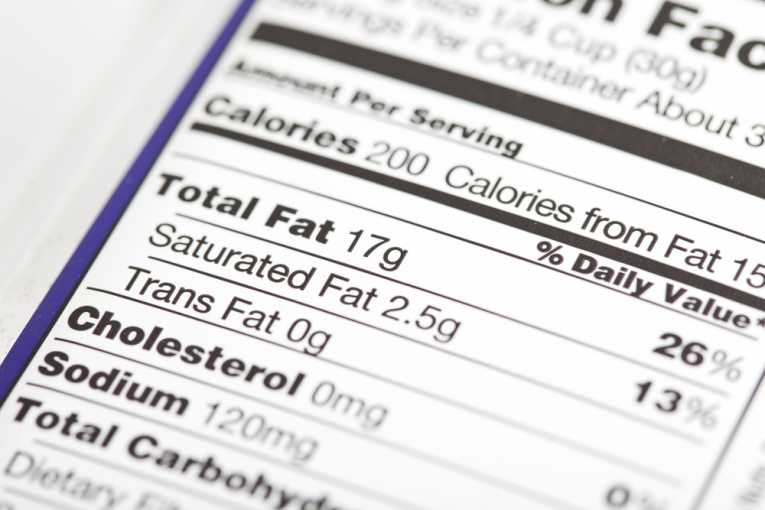It's the New Year and so there is a chance that one of your New Year resolutions is to lose weight. You will be interested to know the new findings from a study conducted with 25 healthy individuals who were put into a controlled setting and fed random diets.
It was found that those consuming low protein diets had less weight gain compared to the individuals who had normal and high protein diets. However, the study was not just about weight gain itself, it was about actual body fat. The research showed that it was calories though and not the actual protein itself that appeared to cause an increase in body fat, which is the primary cause of heart related illnesses and other health concerns in much of the developed World.
The article that was published regarding the research outlined the importance of the study and why it was carried out, "Obesity has become a major public health concern with more than 60 percent of adults in the United States categorised as overweight and more than 30 percent as obese,"
It has long been known that protein contributes to weight gain. Most people who work out or body build will consume protein in one form or another in a bid to repair and build muscle. As muscle weighs more than fat this often leads to weight gain. However, what the study seems to indicate is that it is calories rather than the protein itself that leads to the increase in body fat.

Body fat measurement via Shutterstock
At the Pennington Biomedical Research Centre in LA, George A. Bray, M.D. and his team conducted the survey to find out whether the level of protein in a person's diet affected weight gain or energy expenditure. They selected a small panel of twenty five healthy participants. The entire panel was made up of people of both sexes; male and female, who were between eighteen years of age and thirty five years of age. They also made sure that each person in the study had a body mass index of between 19 and 30. The participants were first fed a diet that helped to stabilise their weight. This diet lasted between 13-25 days. Randomised diets were then fed to the participants. Some were fed low protein diets, others were fed normal protein diets and others were fed high protein diets. The protein diets contained around 40% more calories than the original weight stabilisation diet.
Every single participant gained weight regardless of sex. However, the participants in the lower protein diet group saw much less weight gain that those in the other two groups.
"Body fat increased similarly in all 3 protein diet groups and represented 50 percent to more than 90 percent of the excess stored calories. Resting energy expenditure, total energy expenditure, and body protein did not increase during overfeeding with the low protein diet," the authors of the study write.
Lean body mass was actually seen to decrease during the overeating period in the low protein group. The other two groups though made large gains.
"In summary, weight gain when eating a low protein diet (5 percent of energy from protein) was blunted compared with weight gain when eating a normal protein diet (15 percent of energy from protein) with the same number of extra calories. Calories alone, however, contributed to the increase in body fat. In contrast, protein contributed to the changes in energy expenditure and lean body mass, but not to the increase in body fat," the researchers of the study write, "the key finding of this study is that calories are more important than protein while consuming excess amounts of energy with respect to increases in body fat." They continue.
The findings are likely to be of interest to the diet industry and to people in general who are looking to lose weight due to being overweight, or those looking to gain weight as part of a body building process. The main importance though is of body fat which is the root cause of many health concerns and issues.










